COVID through the Eyes of Historians
The coronavirus pandemic will live not only in our memories but also in our history books. How does COVID-19 compare to other infectious diseases? What other implications does it have for our societies? In this series, faculty experts reflect on what we can learn from past epidemics and how we might change in response to this one.
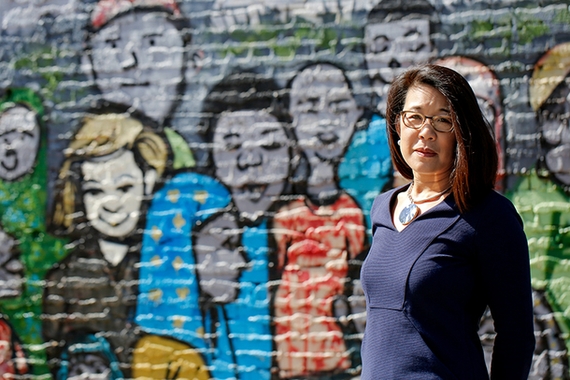
Dr. Erika Lee examines how the spread of the coronavirus has led to the spread of xenophobia and anti-Asian racism. As the number of cases continue to trend upward, Asian Americans are being unfairly targeted by the public.
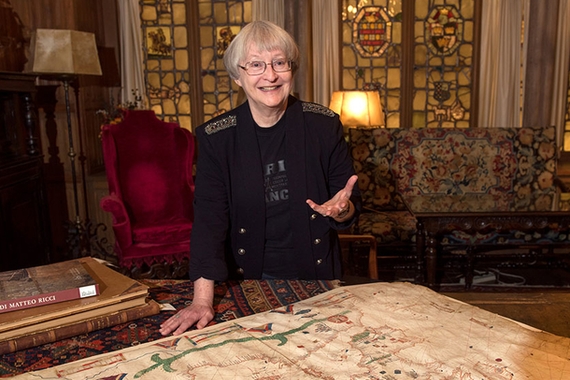
Dr. Kathryn Reyerson analyzes how COVID-19 compares to other infectious diseases of the past. The cure was discovered for many of these detrimental pandemics; it remains to be seen how the coronavirus behaves and how our society decides to adapt in the worlds of health care and social services.
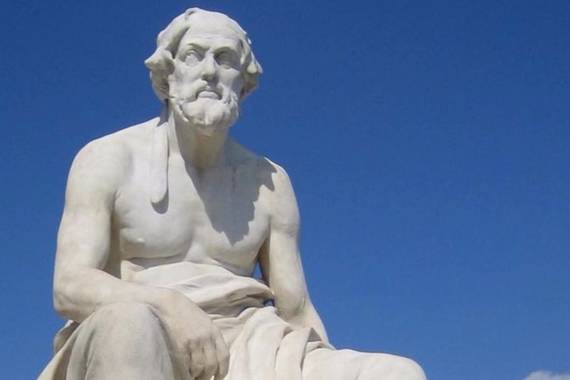
Dr. Andrew Gallia reflects on the life of Thucydides, an Athenian historian in the fifth century, and relates his experience with the plague that struck Athens in 430 BCE with the catastrophic effects of the coronavirus.

Dr. Eva von Dassow explores the story behind an epidemic disease that afflicted the kingdom of Hatti in the late 14th century BCE. She recognizes that despite the devastating spread of the disease, the Hittites and their kingdom were able to overcome a high death toll and persevere.
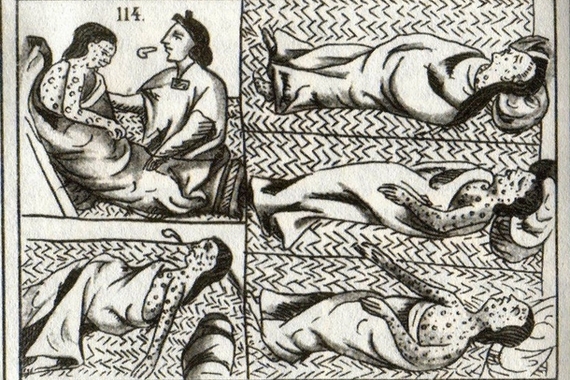
Dr. Sarah Chambers examines how the arrival of Hernán Cortés and his men to Mexico triggered a devasting epidemic of smallpox that wiped out many Indigenous residents. Comparable to the widespread effects of the coronavirus, many of the epidemics brought by the Europeans challenged various groups of people who were already living in the Americas.

Dr. Patricia Lorcin compares the pandemic to Albert Camus' 1947 novel, La Peste, in which the townspeople dealt with one of the epidemics that swept through the towns of Algeria in the nineteenth century. Following the uplifting liberation when the gates to the town are opened again, the question is posed: Will—or can—life ever be the same again?
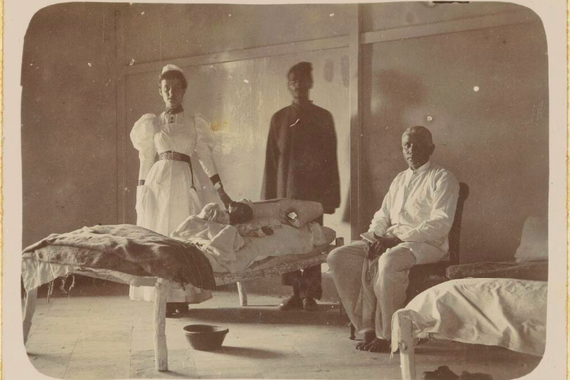
Dr. Anna Clark discusses the issues of human rights during the pandemic. She explains how the 1897 Epidemic Disease Act, employed by the Indian government, negatively affects the citizens of India because it takes away many of their human rights. Similarly, Clark discusses the concerns that arose when the British goverment responded to the epidemic.

Dr. Jean O'Brien talks about how the raging pandemic affected the celebration of American anniversaries in places like Massachusetts, England, and the Netherlands. She connects our current experience to one that happened 400 years ago when a deadly epidemic ravaged through what is now known as southeastern New England, killing Indigenous populations.
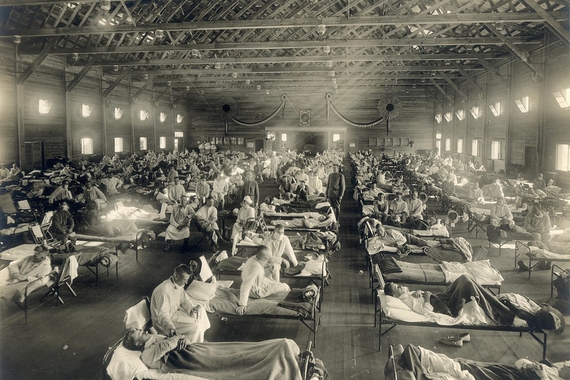
Dr. Jennifer Gunn discusses the lessons we can learn from the 1918 influenza pandemic and emphasizes the importance of coordination, cooperation, and consistency in society. How can we improve our response to the pandemic that continues to affect our everyday lives?

